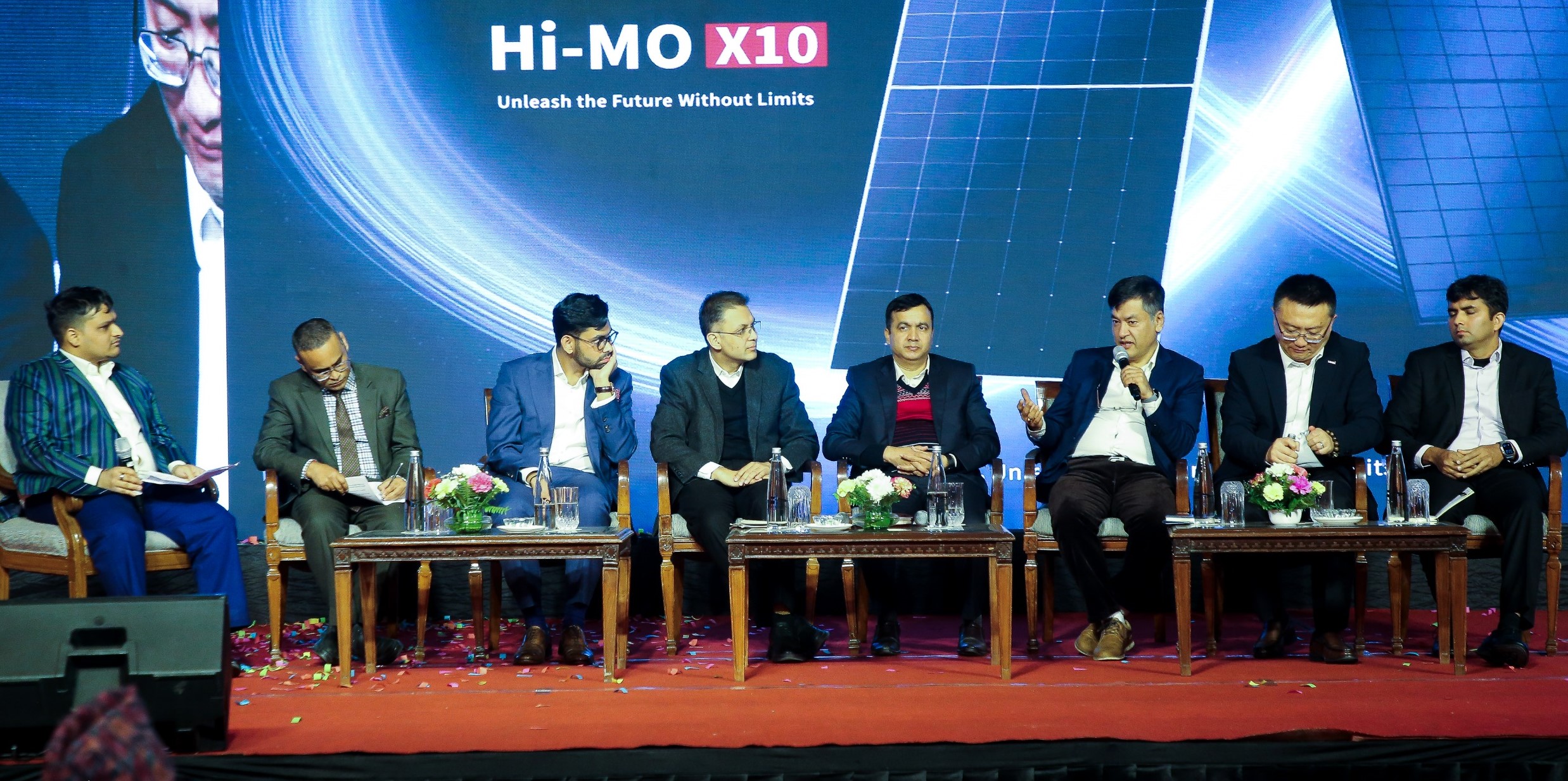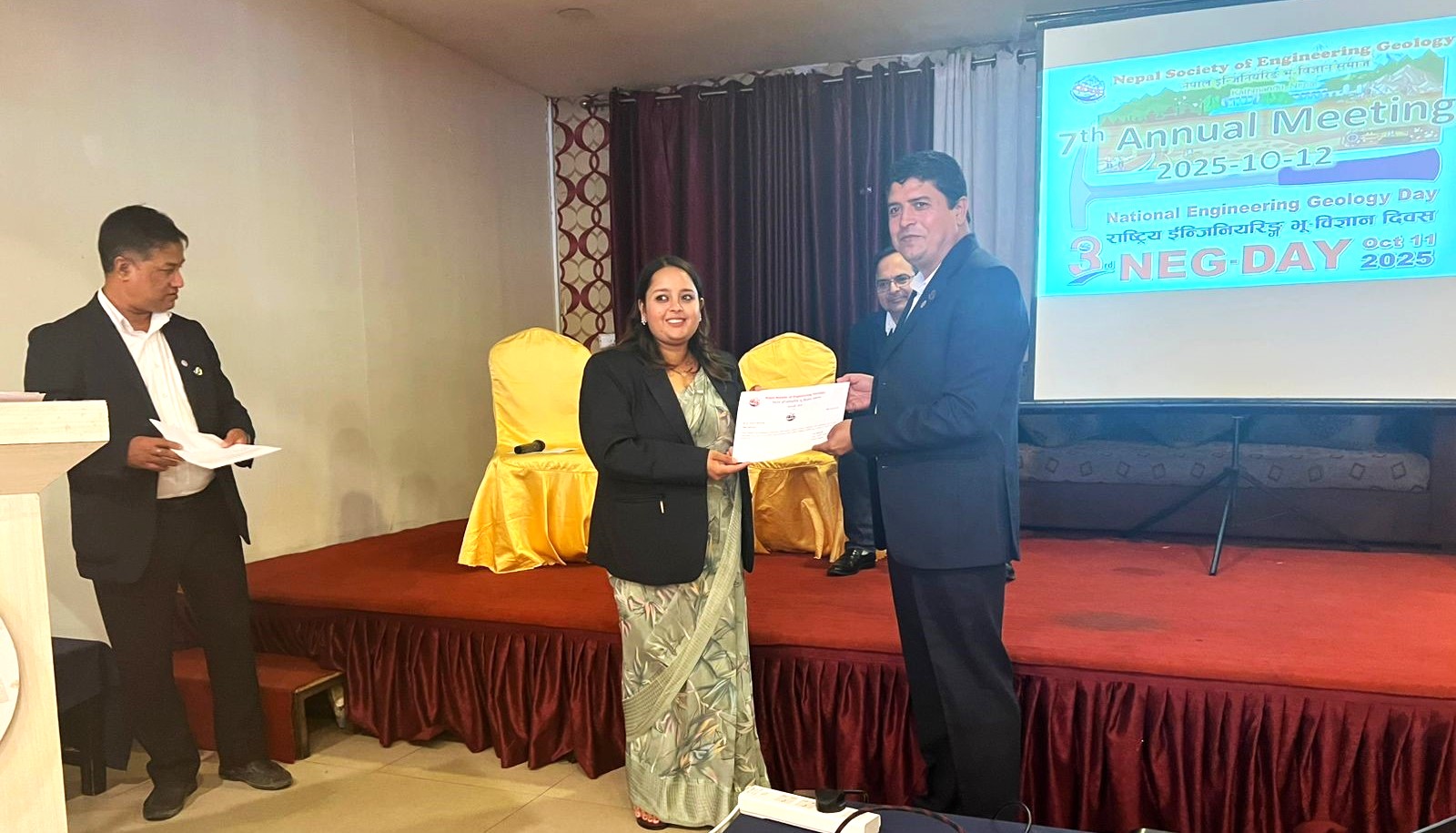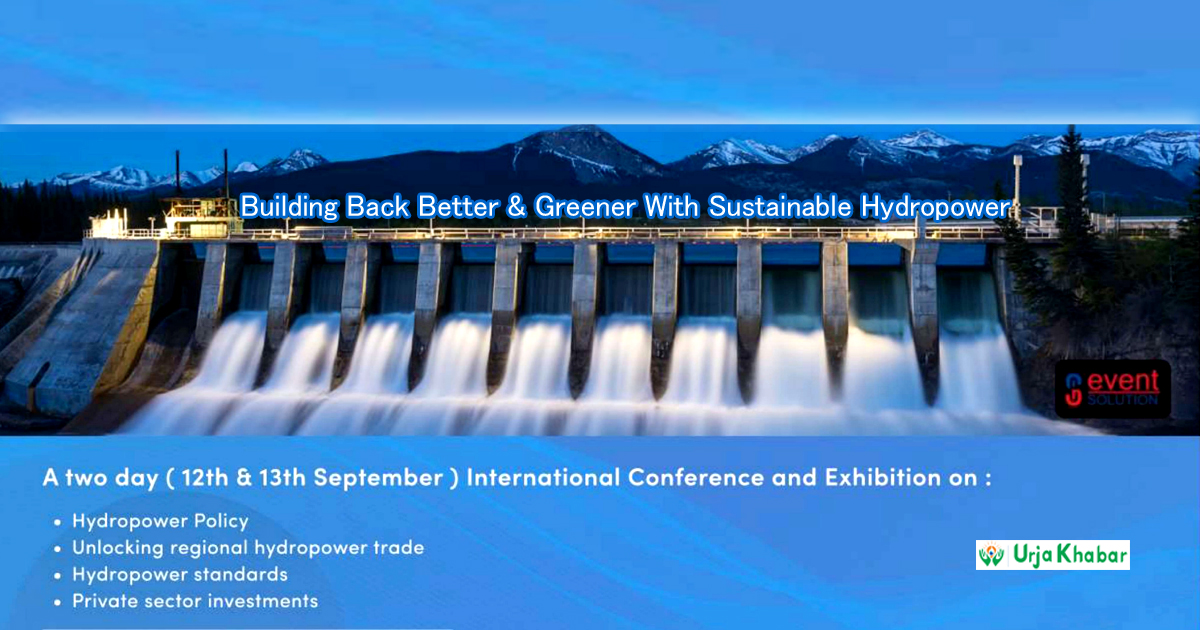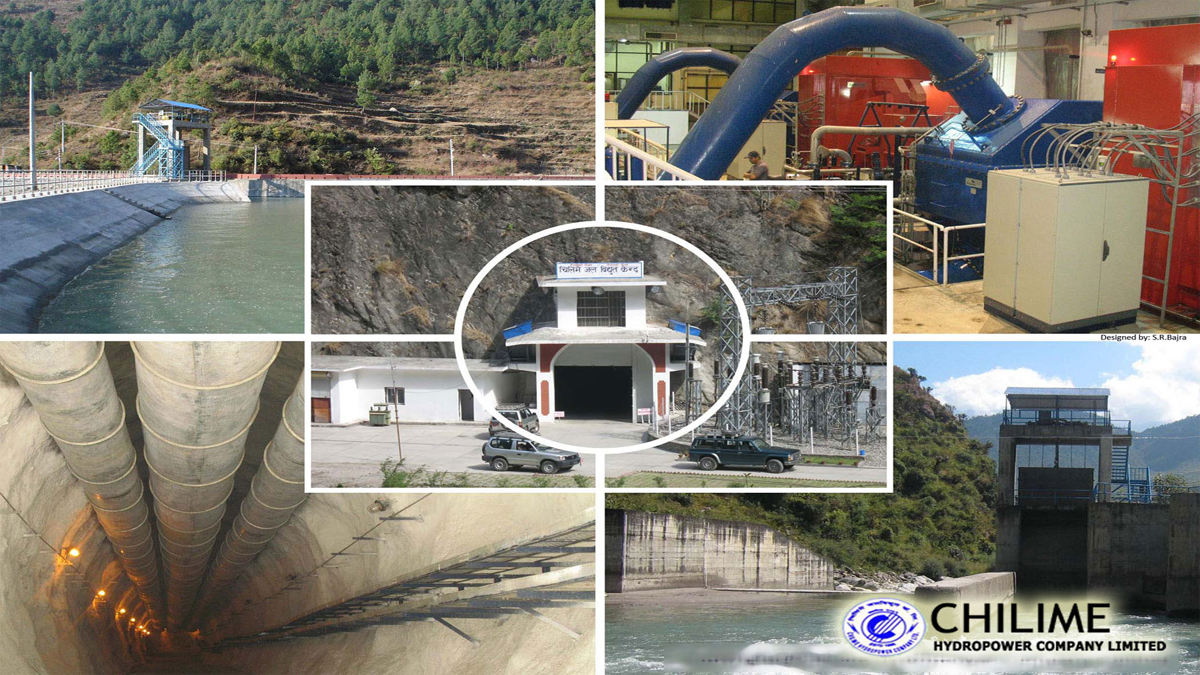Energy Update
Power Summit 2023
Government of Nepal positive to incorporate private sector on cross-border electricity trade
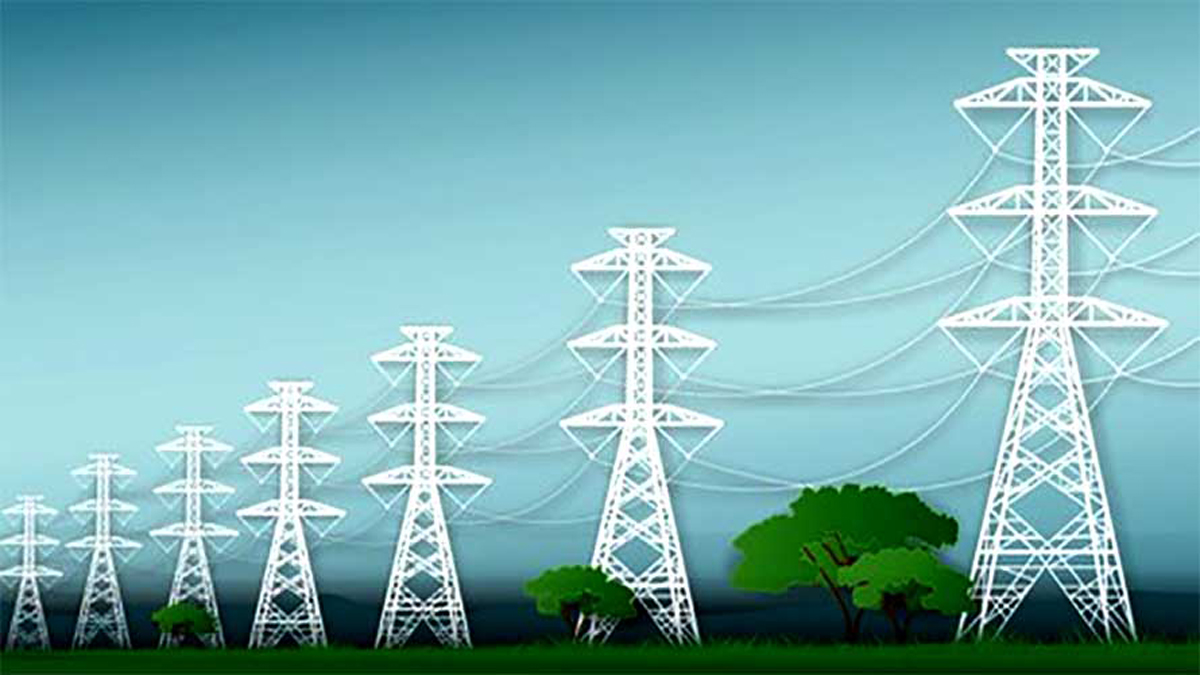
As the energy sector continues to grow in the South Asia region, Nepal is also keen on increasing its power generation capabilities to use the resources as a driving tool for achieving economic prosperity. At the two-day Power Summit 2023 organized by the Independent Power Producers Association of Nepal on April 18-19, 2023, Indian firms have expressed interest to purchase up to 2,200 MW of electricity from Nepal in the next five years. In this context, the Indian firms also signed agreements at various levels during the power summit. However, concerns remain on whether the agreement will materialize unless the private sector of Nepal receives a license to trade electricity in the domestic and foreign markets, despite government assurances, or if the geopolitics of the country will hinder such opportunities.
The government, time and again, has also expressed rendering priority on optimizing electricity production and trade. On the occasion of the two-day Power Summit 2023, Prime Minister Pushpa Kamal Dahal also underscored maximizing the internal consumption of produced energy as well as exporting excess electricity, adding that the country will no longer need to import electricity even in the dry season from 2025 onwards.

"While the country is also making progress in terms of power generation as well as in regional and international power trade, we are giving priority to increasing electricity consumption in agriculture, kitchen, industry and transport sectors to increase internal consumption," PM Dahal said.
In context of the growing call for the use of green energy, the Government of Nepal has also started rendering more emphasis on using renewable energy. Dahal expressed his commitment that the government will continue to work with the private sector to develop the energy sector and the target of making the country with zero carbon emissions by 2045 will be achieved through the development of the country’s energy sector.
Also, Finance Minister Prakash Sharan Mahat stated that the government is positive about opening up internal and international electricity trading opportunities for private sector investment. The minister highlighted prioritizing investment opportunities for trading as well.

"When we started permitting the private sector in hydroelectric production, they could invest in producing only up to 5 MW. Today, they can build projects of up to 100 megawatts of capacity. As the private sector has proven their potential in production successfully, the government is thinking towards allowing them for trading as well," Mahat said.
The Finance Minister also revealed that government bodies, including the Ministry of Finance and the Ministry of Energy, along with electricity exporters, are working on a plan to supply electricity to the markets of Bangladesh and India. Highlighting the significant contribution of the private sector in hydroelectric production, Finance Minister Mahat also underlined that the government is open to foreign investment in case there is insufficient domestic investment for large hydropower projects adding that the Asian Development Bank and the World Bank have also shown positive response towards investing in large reservoir hydroelectric projects in the country.
Similarly, Minister for Energy, Water Resources, and Irrigation, Shakti Bahadur Basnet said that Nepal will welcome investors looking to invest in the country’s hydropower projects while also expressing his commitment to resolving the issues seen in the process of developing hydropower projects.
As government agencies have been expressing their positive note on allowing the private sector in the electricity trade, the hydropower developers are also encouraged to go for the same. They have long been demanding the government to make necessary arrangements to facilitate the private developers.
Krishna Prasad Acharya, president of the Independent Power Producers Association of Nepal (IPPAN), said that Nepal's private sector has played an important role in hydroelectricity production and is now trying to take part in electricity trading for which the government should make necessary arrangements at the earliest.
Prospect of power trade:
Various agreements and understandings regarding power purchases were made between the private energy companies of Nepal and India during the summit, although no concrete arrangements have been made at the government level. This also shows the promptness that the private players of both countries have been looking forward to carrying out the cross-border energy trade.
In one of the initiatives, an agreement was signed between the Nepal Power Exchange Company and SteelMint, an Indian company. SteelMint is one of the leading consultancy companies providing information to consumers about the steel, coal, and power industries in India. The company serves as a platform to provide information on electricity tariffs, electricity demand, and supply management. In this context, Nepal can benefit by catering to the potential of various segments of the Indian market in relation to the energy-need.
Similarly, a memorandum of understanding regarding power purchase was signed between India's Manikaran Power Limited and Nepal's Bizbell Energy Pvt Ltd. According to the agreement, the Indian company will purchase the electricity produced by the 103.5 MW Chuwa Khola Project, which is currently being constructed by Bizbell in Humla.
At the sideline of the mega gathering, a memorandum of understanding was also signed between India's Manikaran and Nepal's Kasuwa Khola Hydropower Project. As per the agreement, additional electricity produced by the 45 MW Kasuwa Khola hydropower project in Sankhuwasabha will be sold to Manikaran. Kasuwa Khola has already signed a 45 MW power purchase agreement with the Nepal Electricity Authority. However, after the government decided to increase the power generation capacity, the project plans to increase the capacity to up to 85 MW.
Similarly, a joint venture agreement was signed between Fifty Herz Energy Private Limited, India and Green Resources Company, a Zimbabwe-based company, to solve problems seen in various fields of green energy.
In particular, the joint venture company will manage solar and hydropower project capacity and product launch, project capacity enhancement, and project assets, among others.
Likewise, India's renowned industrial house, Vedanta Limited, expressed its interest in purchasing 2,000 megawatts of electricity from Nepal. At the Energy Summit, Vibhav Agrawal, the company's CEO, gave a letter of intent to Nepal Power Exchange Limited, a company promoted by IPPAN to purchase electricity.
According to Ashish Garg, vice president of IPPAN, Vedanta has issued the letter of intent to purchase electricity from Nepal in line with their decarbonization policy for a long-term period. Along with this, Indian companies have shown interest in purchasing a total of 2,200 megawatts of electricity from Nepal.
Opportunities:
At the conference, Krishna Bandhopadhyay, the former Chief Executive Officer of NTPC Vidyut Vyapar Nigam (NVVN) Ltd, India, said with necessary infrastructures in place, Nepal’s green energy can be delivered even to the Singapore market. "The electricity produced in Nepal can be delivered to Singapore when the 'multi-country' transmission line is built," he said, adding that since Nepal and Bhutan have huge potential for hydropower production in the South Asia region, the electricity generated from these countries will be useful even in the demand and supply management of all neighboring countries. In the context, when Bhutan and Nepal have started exporting electricity to India's competitive market, according to Bandhopadhyay, Nepal is using the most opportunities in a multifaceted manner in a short time.
Nepal has an urgency to invest in high-capacity transmission lines to increase its electricity trade with India. “Once the high-capacity transmission line structure is ready between Nepal and India, Nepal's electricity can be directly delivered to Myanmar as well,” Bandhopadhyay said.
India and Bangladesh are the biggest potential markets for Nepal’s produced electricity. Stakeholders stressed on the need for the Himalayan nation to bring in a separate tripartite transmission line structure to sell Nepal's electricity to Bangladesh via India. This has called for starting tripartite discussions to have a win-win situation.
Prabal Adhikari, director of the Power Trade Department of the NEA, said since Nepal's hydropower production is increasing every year with less internal demand, the NEA has already started selling electricity in the Indian market at competitive rates. According to him, after India introduced its guidelines on international electricity trade, it opened a gateway for Nepal to export electricity in a competitive market in India.
Since last year, Nepal has started selling its electricity at a competitive rate in the Indian Energy Exchange Limited. As production continues to increase in Nepal, India will turn out to be a huge market in the future. Similarly, given India’s consent, Nepal’s electricity can also be exported to Bangladesh, according to Adhikari.
Stating that there are infrastructural and policy challenges for Nepal to increase its international electricity trade, the bodies concerned should look toward solving them to facilitate electricity trade internationally, without being affected by the geopolitics of any country.
Since the process of construction of the second 400 kV international transmission line between Nepal and India has progressed, the electricity trade between the two countries will become easier in the future once this infrastructure is ready.
Bikram Singh, executive vice-president of PTC India, said since Nepal's first purchase of electricity from PTC via Tanakpur Point in 2008, the volume of electricity trade has increased rapidly, mainly in the past 3 years. Nepal should prepare a projection of its domestic electricity demand growth in the next 20 years and suggest a long-term partnership with India to sell the excess electricity for the period.
Victoria Delman, an advisor at the IFC, said while South Asia depends on sources other than renewable energy, only Nepal and Bhutan have water as a source of clean energy production. "By investing in hydropower at present, there is a possibility that the electricity demand of all South Asian countries can be met with the electricity produced in Nepal and Bhutan."
She stressed the need to develop the mechanism of international electricity trade in such a way that the energy generated here can be traded with various countries in South Asia. "The access to regional electricity trade should be increased by involving the private sector in such development projects, which have been successful in both production and trading of electricity."
Conclusion:
The Energy Summit 2023 concluded with the commitment to opening the door to Nepal's private sector for domestic and international electricity trade and facilitating direct foreign investment in large hydropower projects.
In the closing remarks, Minister for Energy, Water Resources, and Irrigation, Shakti Basnet said that the government will consider the outcomes of the conference to move forward. He said that discussions and debates in various sessions of the gathering will contribute significantly to the development of the energy sector.
"The shared information regarding power generation, transmission, distribution, and business and policy arrangements through various discussions could help government agencies to come up with proper policies and plans. The government will make policy arrangements as the time has come to incorporate the private sector into the electricity trade," said Basnet, adding that a large investment is needed in the energy sector to increase domestic consumption and to increase production to export electricity in the international market.
IPPAN President Krishna Acharya said that the time has come for the Nepali private sector to transform into the stage of electricity trade from production. Underlining the role of the summit in bringing in various stakeholders of the energy sector under a single roof, Acharya stressed the urgency of the Electricity Act. If the bill approval is delayed in parliament, the Council of Ministers should pave the way out by enacting the law through an ordinance.
Ashish Garg also shared that the two-day conference held fruitful discussions. He said many companies have come to the conference with a commitment to purchase Nepal's electricity directly, so the government should also be considerate to make policy arrangements. Around 850 delegates, including 125 speakers, participated in the two-day august gathering.
This feature news is taken from Urja Khabar Semi-annual Journal Publish on 16th June, 2023
Conversation
- Info. Dept. Reg. No. : 254/073/74
- Telephone : +977-1-5321303
- Email : [email protected]









